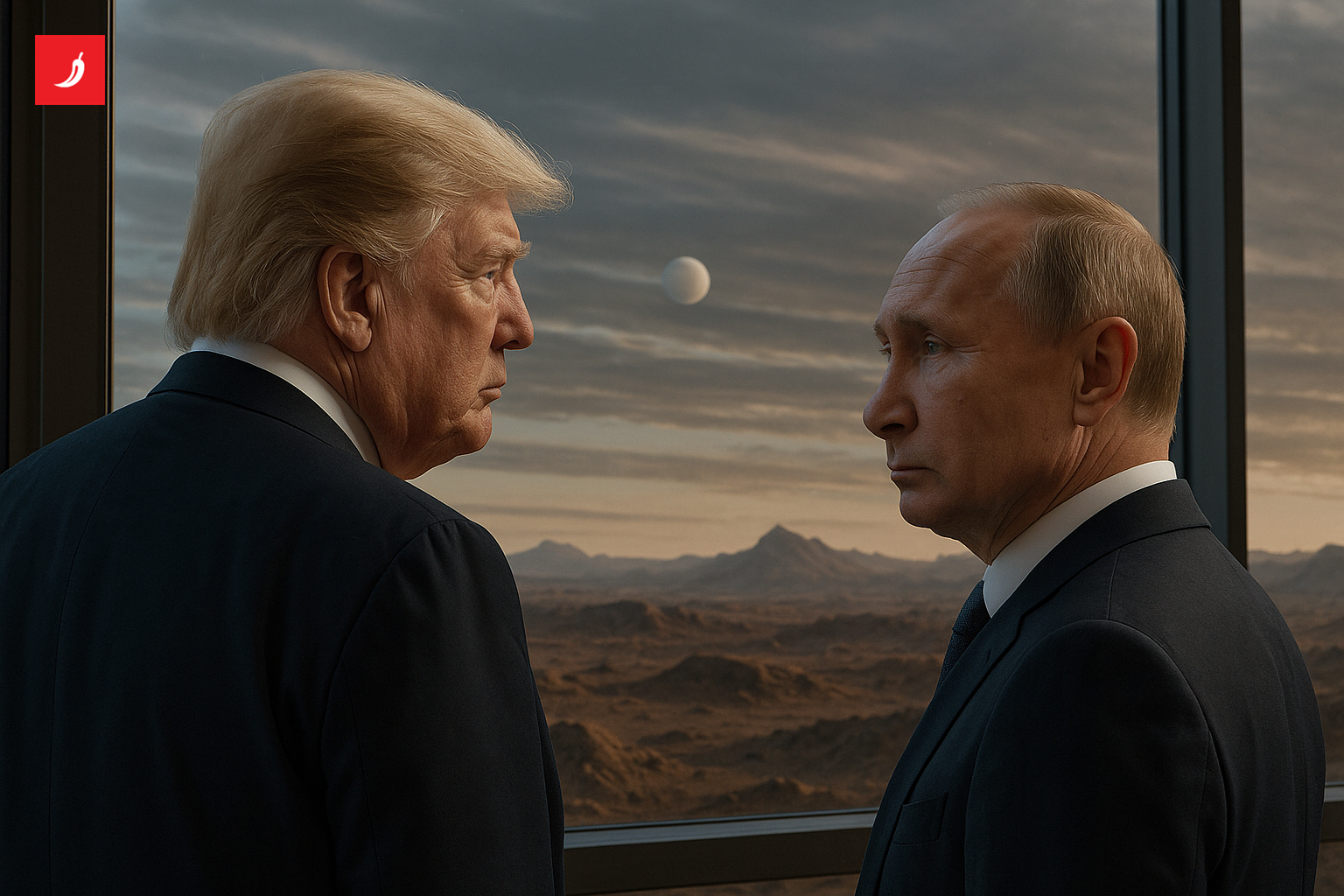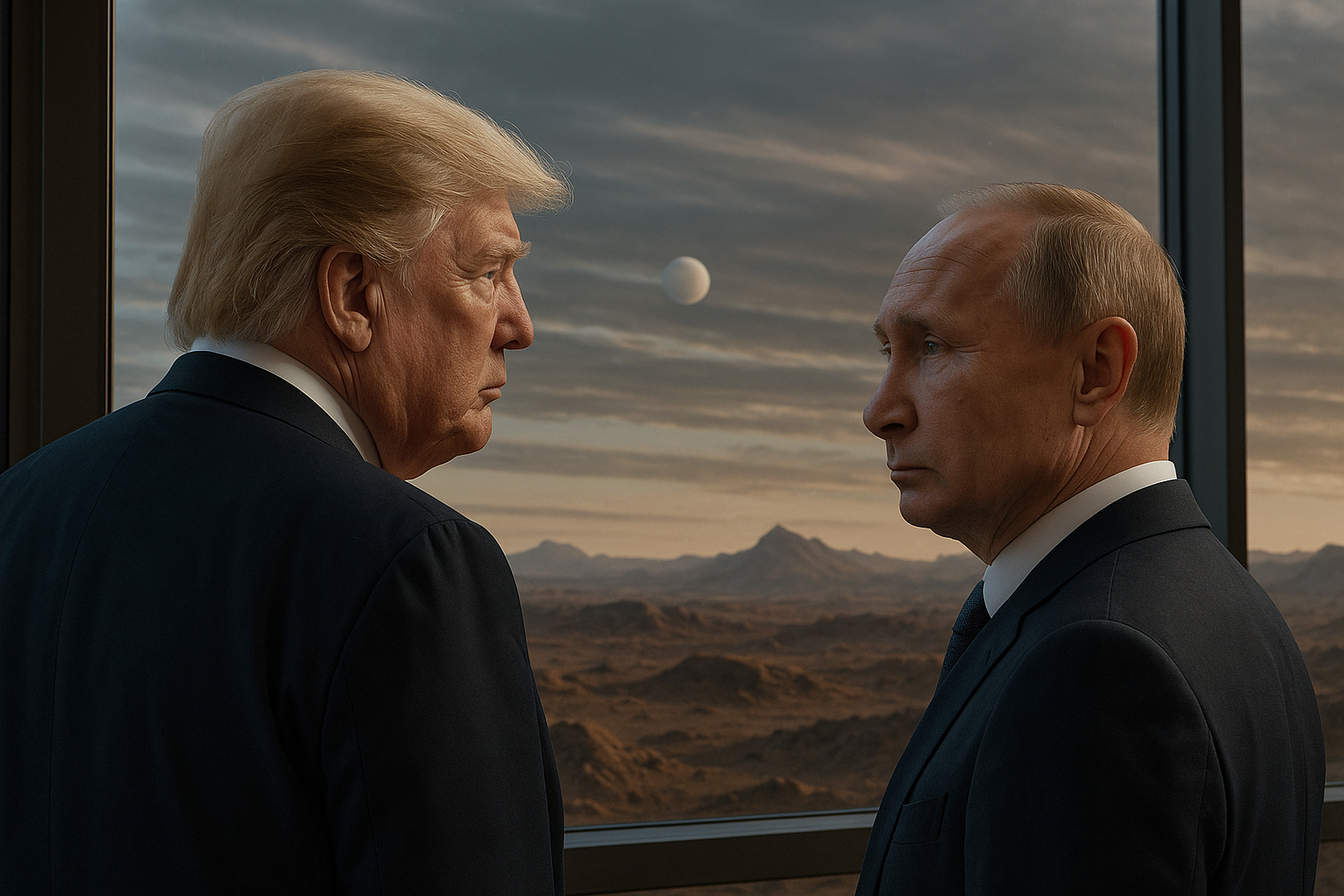The main topic of the article is sovereignism as a key concept of the first quarter of the 21st century, linked to events such as Russia’s annexation of Crimea, Brexit, and Donald Trump’s election as US president. Sovereignism is viewed as a movement started by leftists as an anti-globalist movement with social premises, later adopted by right-wingers as an anti-liberal populist movement with nationalist overtones. The article emphasizes that sovereignism has not reconciled Moscow and Washington but deepened ideological rivalries. It also discusses geopolitical tensions including Russian aggression in Ukraine and shifts in US policy under Trump, which led to distancing from traditional democratic values and rapprochement with authoritarian regimes. The author criticizes the selective respect for sovereignty by great powers and neocolonial tendencies in US foreign policy. Sovereignism is described as a mask for aggressive globalism and neo-imperialism, using ideological narratives to conceal real interests of power and control.
Political Perspectives:
Left: Left-leaning reports tend to emphasize the origins of sovereignism as an anti-globalist movement rooted in social justice concerns. They often critique the appropriation of this movement by right-wing populists who use nationalism and anti-liberal rhetoric. The left highlights the dangers of rising authoritarianism and the erosion of democratic values under the guise of sovereignism.
Center: Center-leaning coverage presents sovereignism as a complex geopolitical phenomenon reflecting shifts in global power dynamics, including the rise of Russia and the changing role of the United States. It tends to focus on the pragmatic aspects of sovereignism, such as national security concerns and economic policies, while acknowledging the ideological conflicts and the challenges to the liberal international order.
Right: Right-leaning narratives often frame sovereignism as a legitimate defense of national sovereignty against globalist overreach and neoliberal economic policies. They may praise leaders like Donald Trump for challenging the established global order and emphasize the importance of national security and cultural identity. However, some right-wing perspectives may downplay or justify authoritarian tendencies associated with sovereignist regimes.







































